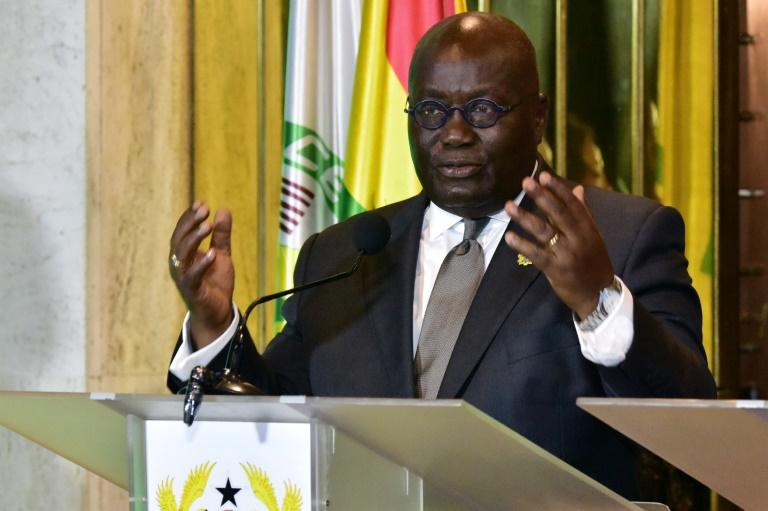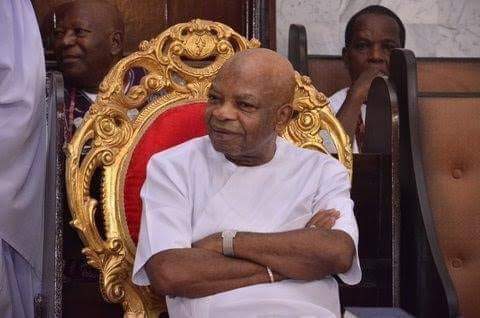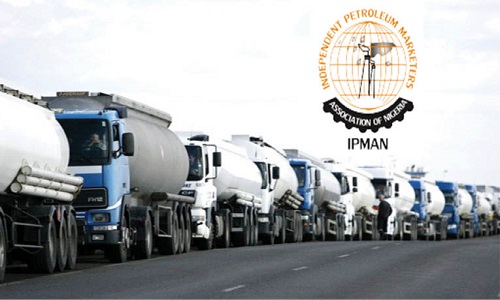Ghana has become the first in West Africa to invest in hybrid waste-to -energy (w2e) power plant in a multimillion dollar deal with Germany to deliver 400KW in Atwima Nwabiagya in the Ashanti Region.
Business Hilights Ghana Bureau Chief reports that the 400 KW kick-off and groundbreaking ceremony, was held on Tuesday in Accra, the nation’ capital.
The pilot project is being embarked upon against the background of Ghana’s quest to find long term solution to the menace of solid waste by treating and generating power from the treated waste.
Besides, the project is expected to help close the carbon cycle by developing the value chain of the process with the production and utilization of compost, which would be sold to farmers to boost agriculture and cut down on mineral fertilizer whilst improving the soil structure.
Explaining more during the launch, Professor Kwabena Frimpong-Boateng, Minister of Environment, Science, Technology and Innovation, said the Plant was expected to be built and operated within four years as a pilot, after which 10 or more are expected to be built within the next 10 to 20 years in different regions.
Additional details show that under the project, the Minister explained, the “sun and other biodegradable materials would be used to create and generate energy and biogas while plastics and other things would go through paralysis to also produce energy.
The Minister averred that “We are involving all the universities that are engaged in energy production and the research institutions as well, who are expected to help lay the foundation that would help Ghana build its own energy systems in a few years’ time”, he said.
“It is an environmental and sanitation project, which would help us clean our environment and generate energy that would compromise solar and would involve various sector Ministries, including the Local Government, Agriculture, Education, Energy and Sanitation”.
Responding, the German Ambassador, Mr Christoph Retzlaff, said the project was being funded by the German government with an amount of six million Euros and would help create 50 new jobs in the Ashanti Region.
“We intend to partner our Ghanaian counterparts to set up 10 more hybrid waste to energy plants in Ghana and these would create about 1,000 new jobs in and be a sustainable solution for the waste disposable problems in the country” he said..
“It would save a lot of emissions and about 800,000 tonnes of harmful emissions could be save each year,” Retzlaff noted.









